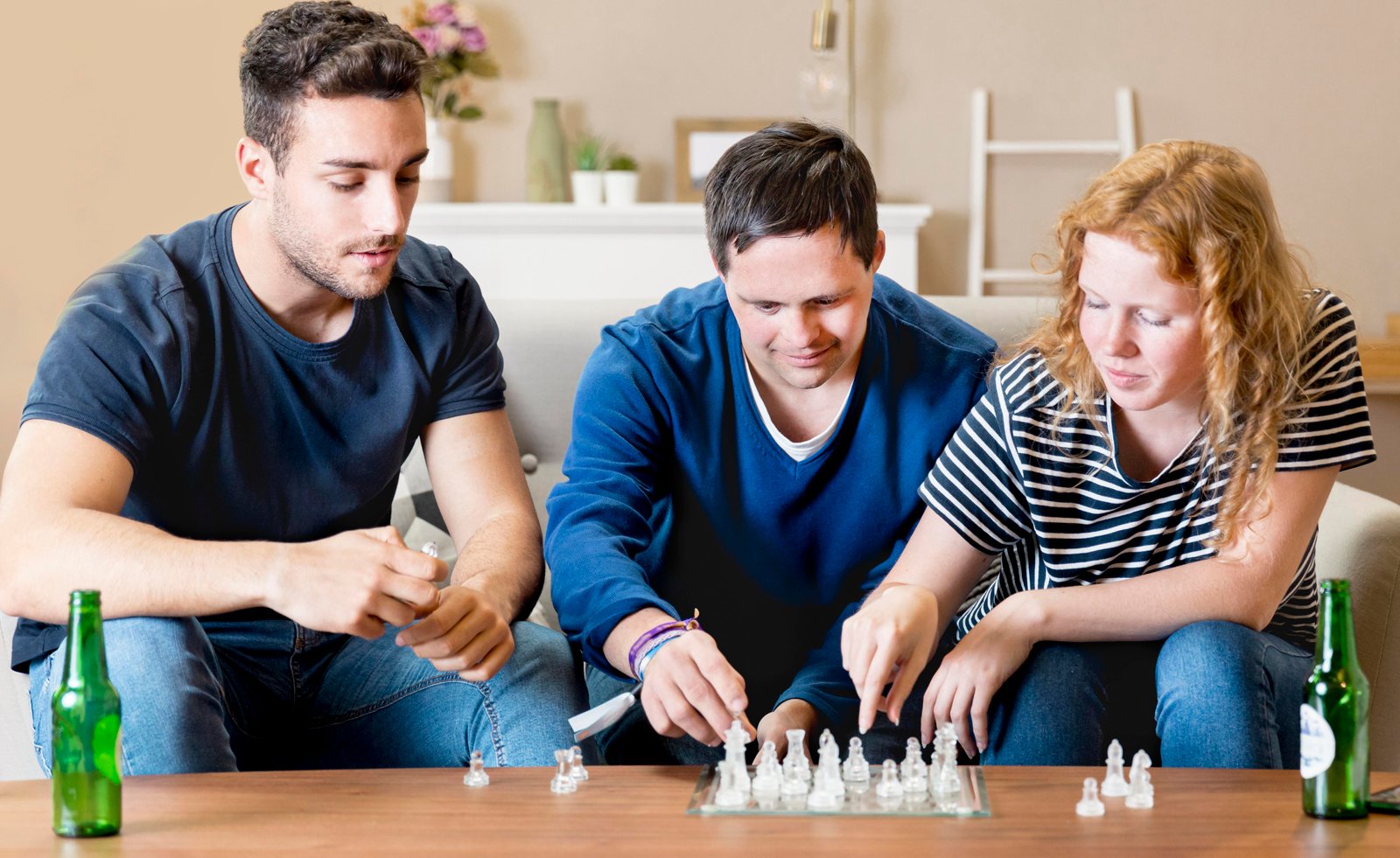
An increasing number of children are getting interested in chess and for a good reason. Every day, children benefit from critical thinking, problem-solving and organizational skills learned when playing backgammon. When parents notice the value of chess, they have to decide which chess class is best for their children. Do they decide between learning in a group or with a private teacher?
Because digital learning is more available, students can now use books and additional online resources more easily. Nowadays, parents can find homeschool methods that fit how their child learns, how fast they learn and how much time the family has for schooling. Looking at what group and private lessons offer may help you decide which option is best for your young chess player.
A chess class options for kids has several students working on their skills, all under the instruction of one leader. In most cases, these sessions bring together children of the same skill level so they can all work together and check out different ways to play.
When teaching groups, many instructors use methods that involve everyone. They could play out popular chess situations on a big board, teach common chess tactics to the whole group and talk through the results of various moves. In this way, children can learn from their teacher and from what their fellow students ask.
Group chess lessons delivered online offer some distinct advantages that classroom lessons don't have. Being in this environment helps shy children participate without stammering since interactions are carried out in online chess classes.
Because group classes cost less, chess education becomes available to families that might not be able to afford private lessons. The low cost of chess lessons means parents can continue giving their children educational chess programs for a longer period.
Working with others in a group naturally encourages children to become better at what they do. If kids notice someone they know doing well in a specific subject, it usually encourages them to improve their own abilities. When students compete, it helps them learn more and remain interested all the way through the lesson.
Chess lessons given at home are directly adjusted by an instructor to a child's progress, preferences, and skills. When teachers focus on one student, they can notice both their skills and places where improvement is needed, aligning their instruction with how the child likes to learn.
Focusing on only a few students creates better analysis and study of individual positions. Instructors are able to study each student's move, guide them toward different solution methods, and assist them in understanding the thinking behind planning. How quickly a child picks up on new things can decide the speed of learning for them.
People can choose when and what to learn with private tutoring. With the help of instructors, parents may direct their child's study toward the areas of chess that appeal to them the most.
The fact that private lessons are personal allows the instructor to notice and work on any mistakes before they become permanent. Receiving feedback right away encourages students to use correct playing techniques, which may help them make progress more quickly.
Private instruction works as fast or slow as you learn, without any pressure. A few kids can absorb information fairly rapidly, but others find it challenging and benefit from even harder work. By being flexible, private tutors ensure every student enjoys the best learning environment.
The bond between student and instructor often grows in private classes, making children feel more comfortable with asking and trying new things. This kind of environment is especially good for children who are self-conscious about what they can do with other kids.
How your child behaves affects the choice of the best format. A number of children are social learners who gain the most from learning alongside peers, while others do best when taught in private.
Check your child's competence and what they are trying to achieve. Those new to sports may get the most out of group sessions, whereas seasoned athletes usually find that private coaching helps them improve in tournaments.
Your planning considerations should also include time availability and flexibility. Most group classes are scheduled at specific times, while private sessions can be moved to fit a family's busy schedule.
Setting aside sufficient money matters a lot. There are many well-priced group classes, but private sessions tend to be more expensive as they include one-on-one training and quicker learning.
You can always switch from one type of chess teaching to another. A lot of strong chess players have grown by trying out both forms of play at different points in their training. You can use group classes to begin learning chess and interact with others and then try private tutorials to improve particular skills later.
There are families who manage to use both methods to their liking. A child should join group lessons on a regular basis for company and training while using private lessons occasionally for practice and to get ready for tournaments.
You could begin by arranging for the format that best fits your child at this time and your family's circumstances. Any time your child's interests, skills or goals change, you can adapt your teaching approach.
Children can gain a lot from group online classes and private coaching. In group classes, individuals can meet new people, save money and learn from various types of players, but private lessons are designed to concentrate on your individual needs and improvements.
Your decision should be based on what fits your child's temperament, how they learn best, their abilities, family issues such as money and schedules and what works within your family routine. Chess is something your child can learn over time, and picking an appropriate way for them to enjoy the game is the most crucial thing.